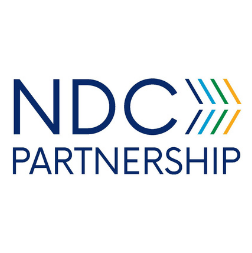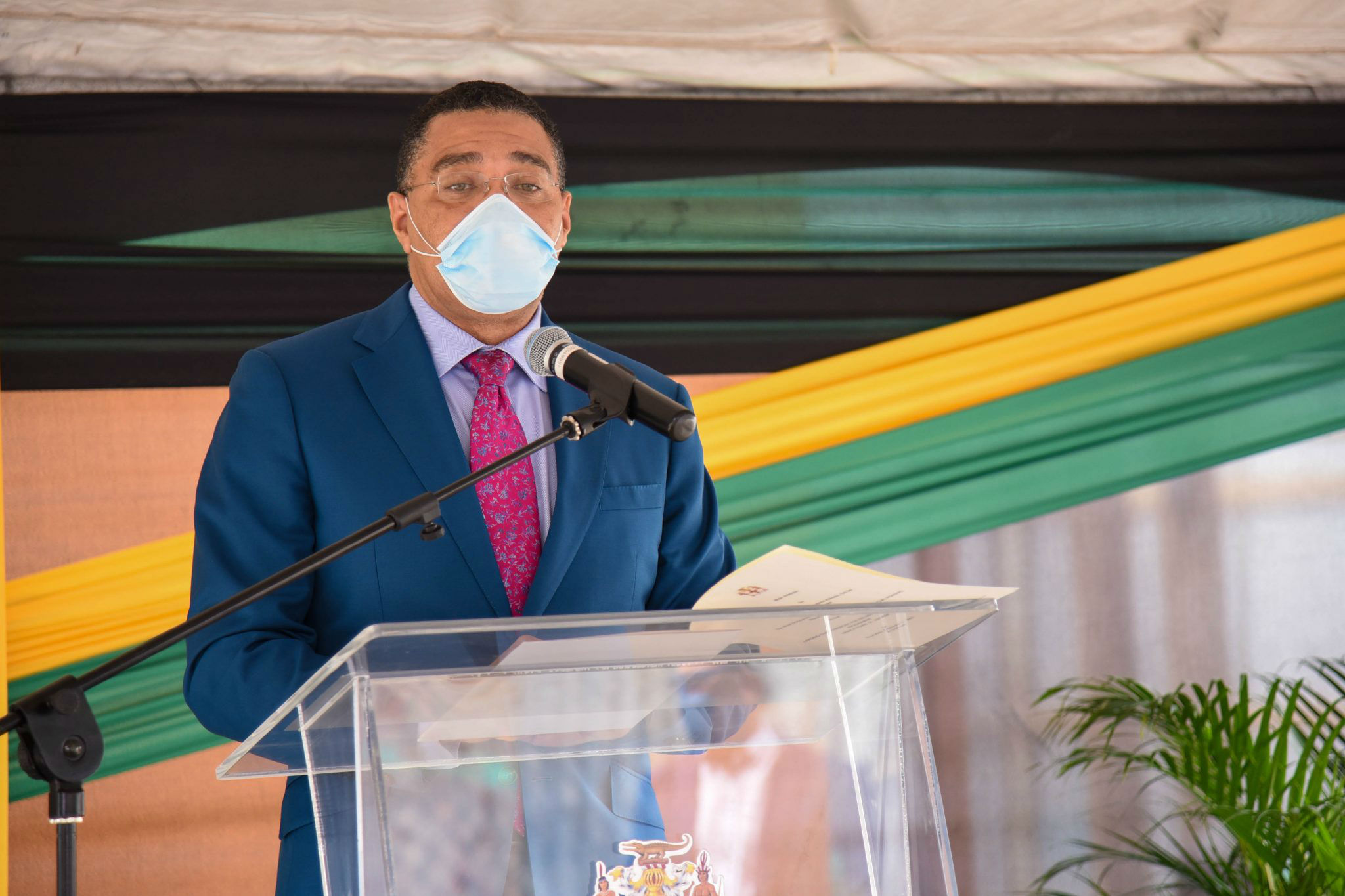The NDC Partnership Launches Its Finance Strategy Stepping Up Finance for Climate Action

The Prime Minister of Jamaica together with NDC Partnership leadership announces the launch of its Finance Strategy to mobilize finance for NDC action
MONTEGO BAY, JAMAICA – 4 April 2022 – The Prime Minister of Jamaica Andrew Holness will launch the NDC Partnership’s Finance Strategy on Wednesday, 6 April, together with NDC Partnership Co-Chairs, Senator the Honorable Matthew Samuda of Jamaica, Minister without Portfolio in the Ministry of Economic Growth and Job Creation, and The Right Honorable Alok Sharma of the United Kingdom, Member of Parliament and COP President. The announcement signals that the leadership of the NDC Partnership, member countries and international partners stand committed to mobilize finance at scale for climate and development action as never before.
Jamaica, along with the United Kingdom, is a Co-Chair of the NDC Partnership, a country-driven and member-led global coalition that brings together more than 200 members, including more than 115 countries, developed and developing, and more than 80 institutions, to create and deliver ambitious Nationally Determined Contributions (NDCs) that help achieve the Paris Agreement and the Sustainable Development Goals (SDGs).
In five years, the Partnership has mobilized around USD1 billion to support developing countries with climate action, but much more is needed to finance the economy-wide transitions that countries are working towards. The Finance Strategy demonstrates how the NDC Partnership will accelerate access to urgently needed climate finance for developing countries to achieve the goals of the Paris Agreement by:
- Supporting the development of regulatory frameworks to attract domestic and international investment, including through central banks,
- Integrating climate plans into national budgets and post COVID-19 economic recovery plans, and,
- Identifying and developing bankable projects with member and private sector investment.
During the first enhancement cycle of the Paris Agreement, most developing countries brought forward more ambitious climate commitments. Following COP26 in Glasgow, countries are now turning their attention towards implementation. Yet, implementing climate commitments requires the mobilization of finance at a scale yet unseen. In its World Energy Transition Outlook, NDC Partnership Member, the International Renewable Energy Agency estimates that USD51 trillion will be needed in cumulative energy investments between 2021 and 2030 alone to achieve the 1.5°C scenario.
“Developing countries have shown that we are ready to take ambitious action to limit emissions and protect our people from climate impacts. But delivering on that commitment will mean unlocking finance faster and at greater scale than ever before,” said Prime Minister Holness. “Working with the NDC Partnership, Jamaica has developed a framework for action that will bring benefits both to our people and to the global fight against climate change. This is the time to bring international finance to bear.”
Added Senator Samuda: “Jamaica has elaborated a well-defined NDC Partnership Plan with bold and ambitious actions and we invite our partners to meaningfully coalesce their support and financing around this plan so that we can march forward together towards 2050”.
About the NDC Partnership
The NDC Partnership brings together more than 200 members, including more than 115 countries, developed and developing, and more than 80 institutions to create and deliver on ambitious climate action that help achieve the Paris Agreement and the Sustainable Development Goals (SDGs). Governments identify their NDC implementation priorities and the type of support that is needed to translate them into actionable policies and programs. Based on these requests, the membership offers a tailored package of expertise, technical assistance, and funding. This collaborative response provides developing countries with efficient access to a wide range of resources to adapt to and mitigate climate change and foster more equitable and sustainable development.


